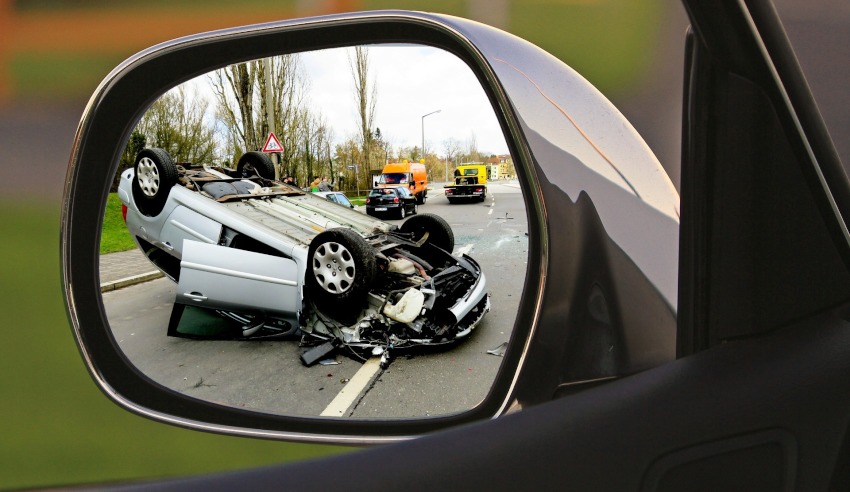By 2021, according to various Silicon Valley luminaries, bandwagoning politicians and leading cab firms in recent years, self-driving cars would have long been crossing the US, started filing along Britain’s motorways and be all set to provide robotaxis in London.
1 January has not, however, brought a driverless revolution. Indeed in the last weeks of 2020 Uber, one of the biggest players and supposed beneficiaries, decided to park its plans for self-driving taxis, selling off its autonomous division to Aurora in a deal worth about $4bn (£3bn) – roughly half what it was valued at in 2019.
…Prof Nick Reed, a transport consultant who ran UK self-driving trials, says: “The perspectives have changed since 2015, when it was probably peak hype. Reality is setting in about the challenges and complexity.”
…Looking back, Reed says “the technology worked … people had the sense, it does the right thing most of the time, we are 90% of the way there. But it is that last bit which is the toughest. Being able reliably to do the right thing every single time, whether it’s raining, snowing, fog, is a bigger challenge than anticipated.”
